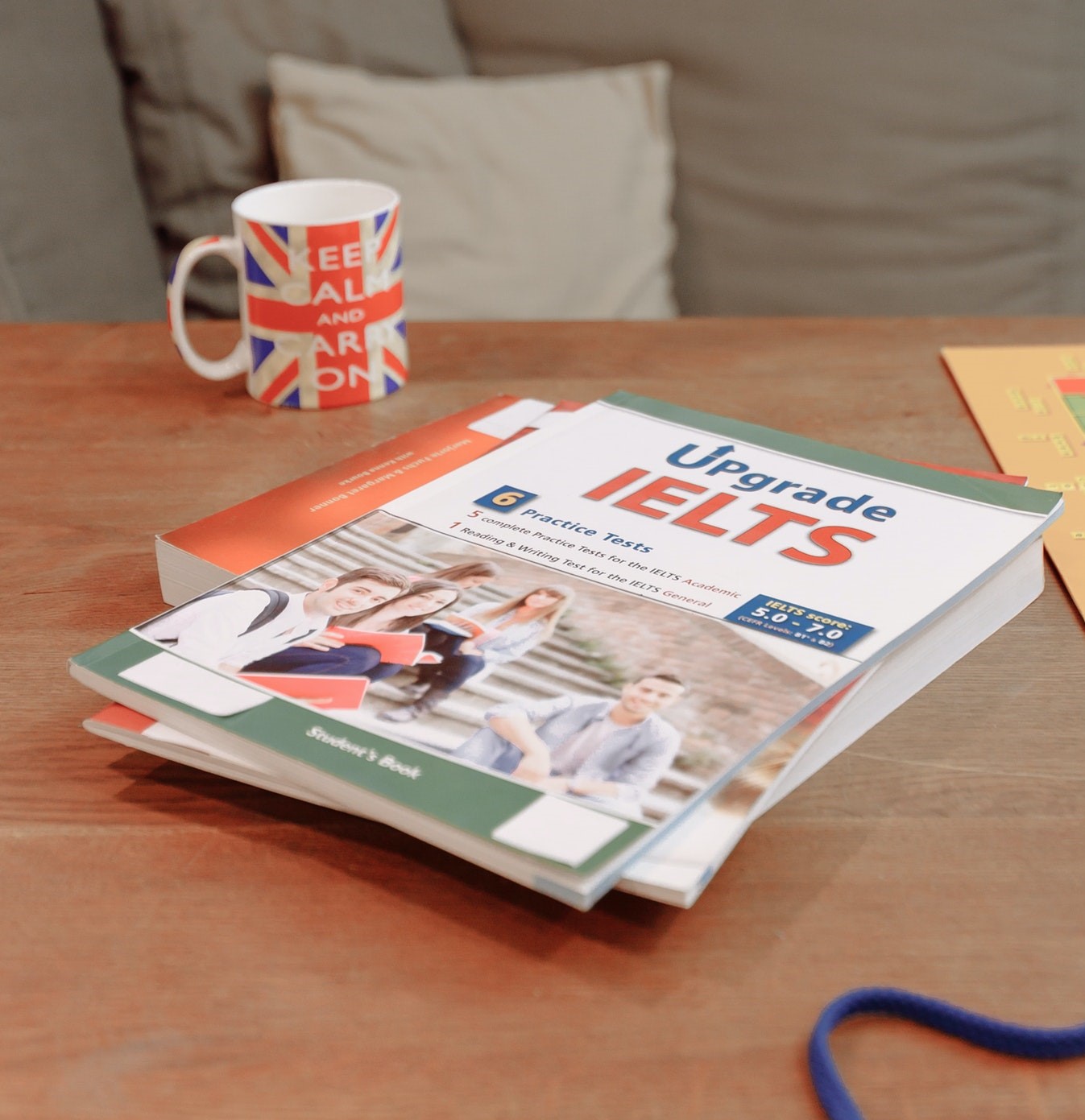Describe something you do regularly to help you work or study – IELTS speaking part 2
Describe something you do regularly to help you work or study
You should say:
- What it is
- When you started doing it
- How you do it
And explain how it helps you
 “Something I regularly do to help me study better is use the “pomodoro technique.”
“Something I regularly do to help me study better is use the “pomodoro technique.”
I started doing this during my sophomore year of college when I was feeling totally overwhelmed with my coursework.
The pomodoro technique involves studying in short bursts of 25 minutes followed by a 5-minute break.
After completing four study sessions, you take a longer break of 15-20 minutes. I use an app on my phone to set a timer for each session.
At first, I was a little sceptical, but after trying it out for a week, I noticed a significant improvement in my productivity and focus. Breaking up my studying into smaller chunks made it feel more manageable, and the short breaks in between allowed me to clear my mind and recharge.
I also like to incorporate some background music while I study, as It helps to drown out any distractions and creates a more relaxing learning environment. I usually opt for instrumental or classical music, but sometimes I mix it up with some lo-fi beats.
Overall, I find that using this technique and adding some music has really helped me stay on track and make the most of my study sessions.
It’s actually a pretty simple and effective method that I highly recommend to anyone struggling with studying.
Thank you.”
- Idioms
Briefly or intermittently, not continuously or at length.
Example: The baby cried in short bursts throughout the night, making it difficult for the parents to get any sleep.
To be sceptical means to doubt or question the truth or reliability of something.
Example: I am always sceptical of advertisements claiming quick weight loss results.
To clear one’s mind means to get rid of distracting or negative thoughts and emotions in order to think more clearly.
Example sentence: When studying for her exam, Sarah decided to take a walk outside to clear her mind before returning to her notes.
The idiom “to recharge one’s batteries” means to relax and take a break in order to regain energy and motivation.
Example: After a long week at work, I need to spend the weekend alone to recharge my batteries.
To stay on track means to continue following a set plan or direction without getting distracted.
Example: Despite facing many obstacles, she remained focused and determined to stay on track with her goal of becoming a doctor.
Making the most of something means to take full advantage of something or maximise its potential.
Example: She planned to make the most of her vacation by trying every new activity offered at the resort.
Describe something you do regularly to help you work or study – IELTS speaking part 2
Do you think that everyone’s routine is different?
 “Well, I guess that in general most people do tend to have different routines,because people lead different lifestyles, as well as having different schedules, and priorities.
“Well, I guess that in general most people do tend to have different routines,because people lead different lifestyles, as well as having different schedules, and priorities.
For example, a high school student may wake up early to go to school, while a working adult may have a different schedule for their job.
As well as that, some people may prioritise exercising in the morning, while others may prefer to do it in the evening.
Personally, I think that it really depends on a person’s individual needs and preferences.”
Do you think that a daily routine is important?
“In my opinion, I believe that having a daily routine is crucial in maintaining a healthy and organised lifestyle.
Firstly, It helps us create structure in our day-to-day activities as well as enabling us to manage our time more efficiently.
For instance, by setting a fixed time to wake up in the morning and go to bed in the evening, we can ensure we get enough rest and have a productive day.
What’s more, a routine can also incorporate self-care activities such as exercising, reading or meditation, which can improve our physical and mental well-being.
Overall, I think that a daily routine allows us to achieve our goals and lead a more disciplined life.”
Do you think that it’s important for children to have a routine?
 “Yes, most definitely, I believe that it’s absolutely vital for children to have a daily routine.
“Yes, most definitely, I believe that it’s absolutely vital for children to have a daily routine.
Having a routine helps children to develop good habits on top of learning time management skills.
For example, if a child has a set time for homework every day, they are more likely to complete it without procrastinating.
Another benefit is that a routine provides some structure and stability for children, which can help them feel safe and secure.
For instance, having a set bedtime can ensure that children get enough rest for their growing bodies.
Overall, I think that a daily routine is crucial for a child’s healthy development and should be established from a young age.”
Do young people usually have a same kind of daily routine as elderly people?
“Well , generally speaking, I think that young people and elderly people have different kinds of daily routines.
For instance, young people usually have more energy and time to engage in physical activities such as exercising or playing sports, while elderly people may have more medical appointments or require more rest.
What’s more, young people usually have more social activities, like hanging out with friends, while elderly people may spend more time with family or pursuing hobbies.
Personally, I believe that the daily routine of a person depends on their age, lifestyle, and health, and can vary greatly from person to person regardless of their age.”
More links to IELTS speaking part 2 and part 3 topics with example answers
Describe a time you had to do something in a hurry/quickly
Describe an outdoor activity you did in a new place recently
Describe a useful skill you learned as a teenager
Describe something important you lost
Describe a person who is good at making people feel welcome in his/her home
Describe a person who works well in a team



































